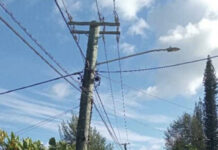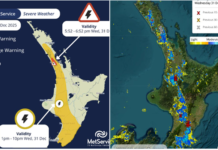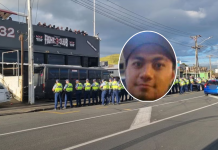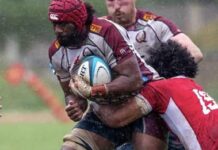When a U.S. federal judge ruled last week that kava—known as kava Tonga in Tonga—is a “food additive” rather than a cultural staple, it didn’t just ban the drink in New York City cafes.
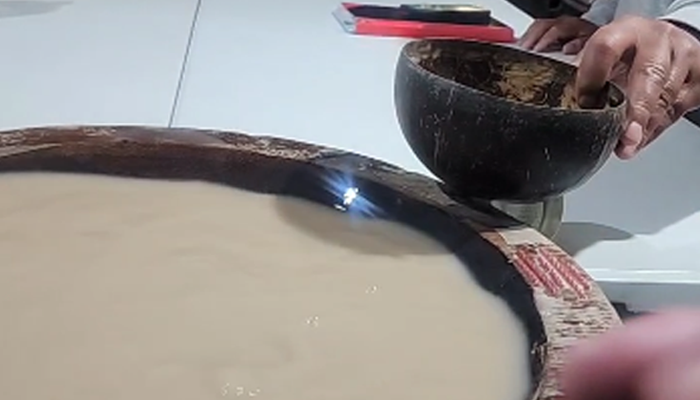
It also dealt a blow to Pacific nations like Tonga, Fiji, and Vanuatu, which have spent years lobbying Australia, Europe, and the U.S. to recognise kava as a safe, traditional product worthy of trade expansion.
The ruling, which upheld New York City’s ban on kava drinks, cited FDA regulations that classify kava mixed with water as a “food additive” subject to strict oversight.
In her ruling, U.S. District Judge Valerie E. Caproni acknowledged that kava “changes the chemical composition of water from H₂O to a liquid that includes kavalactones, chemicals that have hepatotoxic properties.”
“No one can seriously dispute, then, that kava ‘affect[s] the characteristics’ of water, rendering kava a ‘food additive’ under the FDCA when steeped in water,” the judge added.
But for Pacific leaders and exporters, the decision sets a dangerous precedent that could stifle their ambitions to grow the global kava trade—particularly in Australia, where Tonga and Fiji have fought for years to ease strict import limits.
For decades, kava has been caught in a regulatory tug-of-war.
While Pacific communities have consumed it ceremonially for centuries, Western nations often treat it with suspicion, citing (often disputed) studies linking heavy consumption to liver toxicity.
Australia, for instance, only recently relaxed its 20-year ban on commercial kava imports, allowing limited personal use for Pacific diaspora communities in 2021.
Tonga and Fiji saw this as a first step toward broader market access. But the U.S. court’s ruling risks reinforcing the very stigma they’ve battled.
The Double Standard
Pacific exporters argue that kava is unfairly targeted compared to other botanicals. Coffee, tea, and even alcohol—all psychoactive in varying degrees—face no similar restrictions.
Yet kava, which is non-addictive and integral to Pacific social and spiritual life, remains mired in legal grey zones.
Australia’s recent kava reforms were hard-won. After years of pressure from Pacific leaders, including Fiji’s Prime Minister Frank Bainimarama, Australia agreed to raise import limits for personal use—a move seen as a precursor to eventual commercial trade.
But the U.S. ruling could embolden sceptics in Australia’s Therapeutic Goods Administration (TGA), which still classifies kava as a “controlled substance” outside personal allowances.
Protecting Kava’s Cultural Legacy
Tongan kava growers have revealed plans to trademark the term “kava” as a protective measure. Tonga’s National Kava Committee chairman, Fe’ilokitau Tevi, recently confirmed to RNZ that this effort stems from kava being a Tongan term. The drink has different names across the Pacific – yaqona in Fiji and malok in Vanuatu.
Tonga’s initiative also aims to safeguard the traditional beverage from commercial exploitation.
This protection push comes as Australian community leaders voice concerns about potential import restrictions.
Ratu Maseinawa, a Fijian community leader in Brisbane, warns that resumed kava smuggling to banned Northern Territory Aboriginal communities could trigger another blanket prohibition, undoing years of advocacy work.

